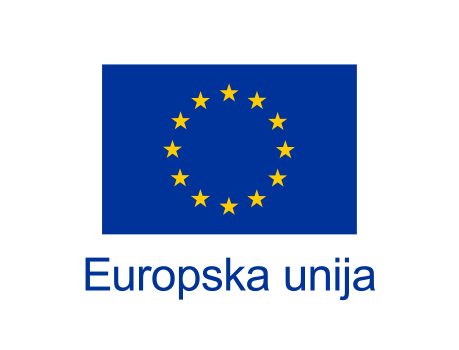Traceability is a path, we all have it, we all use it. Different types of trackability are on the market, from simple labels, track numbers to codes. Is this traceability when the only people that can understand it properly is the company that makes it? Labeling is simple, the data we wright is already made by some kind of law, government or retail. Is this really traceability? – transparent enough? Track numbers are also simple to use and understand, but only for company that has the data – they can read it, CAN WE? Similar we have with encoding, the one that makes it, can also read it, CAN WE?
Should we ALL have the chance to have TRANSPARENT traceability, traceability that tracks the origin, that we can all read and UNDERSTAND? – and we have possibility to check the information by one click? Or this is to much transparent data for our business? – someone can take our producer or supplier?

If we ask that last question about, summarized “transparent is not good”, someone will take our producer or supplier, then we should ask how long or how good we have developed our relationship with producer/supplier? In this case, all traceability is only traceability for personal COMPANY use, NOT for end consumer?
Wastage, for first Food Wastage is one of main concern in our world. What is FW? Few tons in every marketplace? Few tons on field? Or lack of specialized production and orders that produce WASTAGE?
Maybe it is all of this, but always we forgot about SILVER LINE wastage – FW that is produce on line between “field” and “retail”. On daily base retail can have entry of 40-250 t of goods (for sure more, but I will stay in this range). Goods can be rejected for wrong labels, broken box or EU pallet, QC issues or many other things (just mentioning the common ones).
What to DO with REJECTED goods? If it is happening in domestic region WE as TRADER will find solution, but what if this happens in country 1200 km far away? If we want return, we lose money on transport, time and when we got the goods, it has past time, money and goods are not usable. In one day, we can produce 40-100 t of FW, only in one smaller retail.
Can we save it all? – not now, can we save 60-90 % of it, YES. How? – using recourse in each country we sale. It makes perfect idea for PLATFORM.
Logistic is similar problem like Food Wastage, some of the logistic even make FW, how? There are country’s that are logistic nightmare, but also small market makes logistic problems. Delivery is not so fresh or on time and other problems that connects to each other. On the bottom line it cost to much to have dally fresh delivers.
Can we change it? – Yes. How? – similar to FW it is all about using the resources that we have on different market.
ERP is logic and useful, but who is making ERP, or better question, who is ordering ERP for company? If ERP is logical, who understand this logic better, the one who is ordering the solution or people who are using it?
These are the questions I am working to understand, and the logic behind it. ERP should help us to improve our business, and not to be something that is like a knot over are working time.
Your VeeMee adviser






 FACEBOOK
FACEBOOK
 TWITTER
TWITTER






